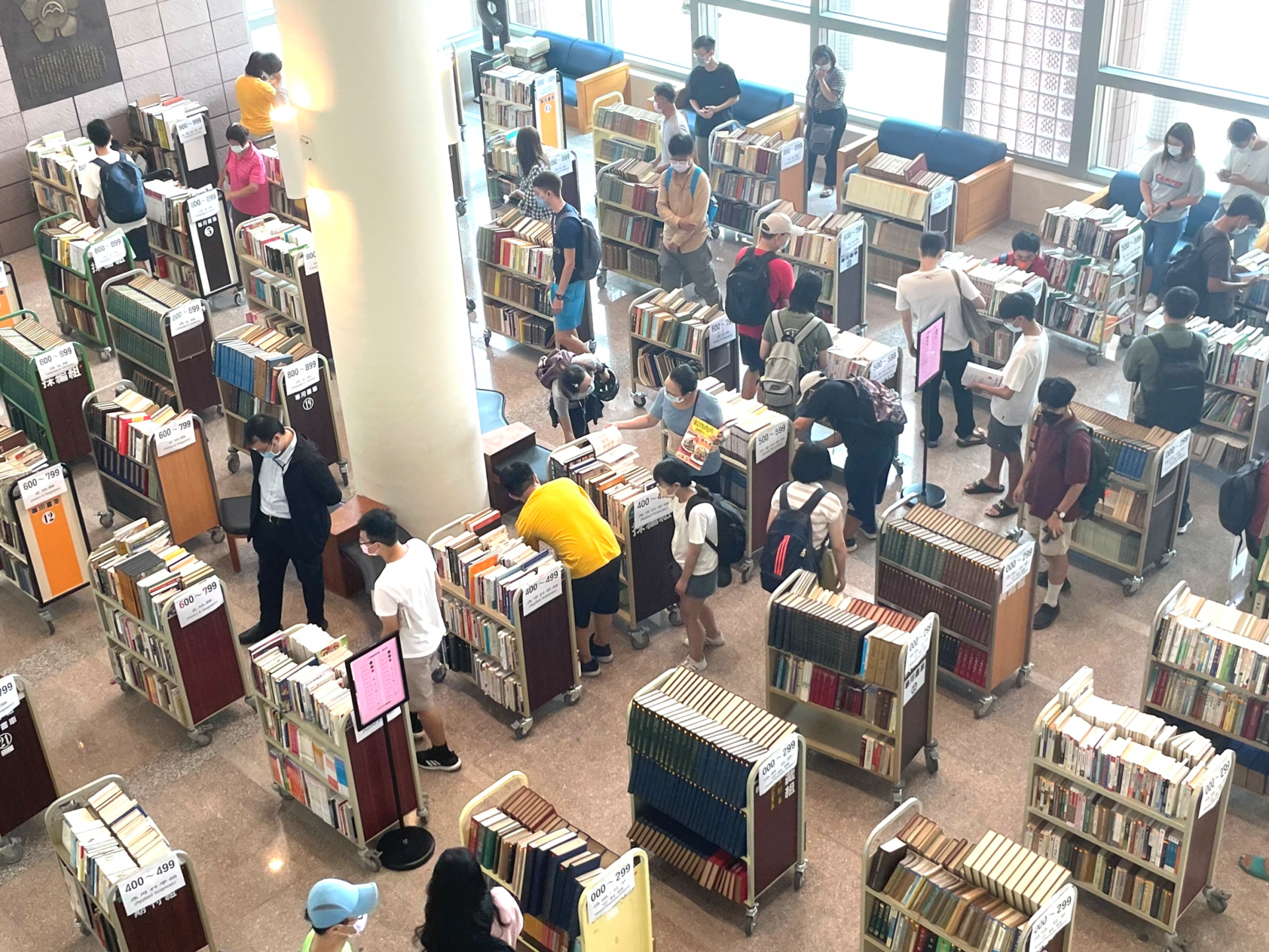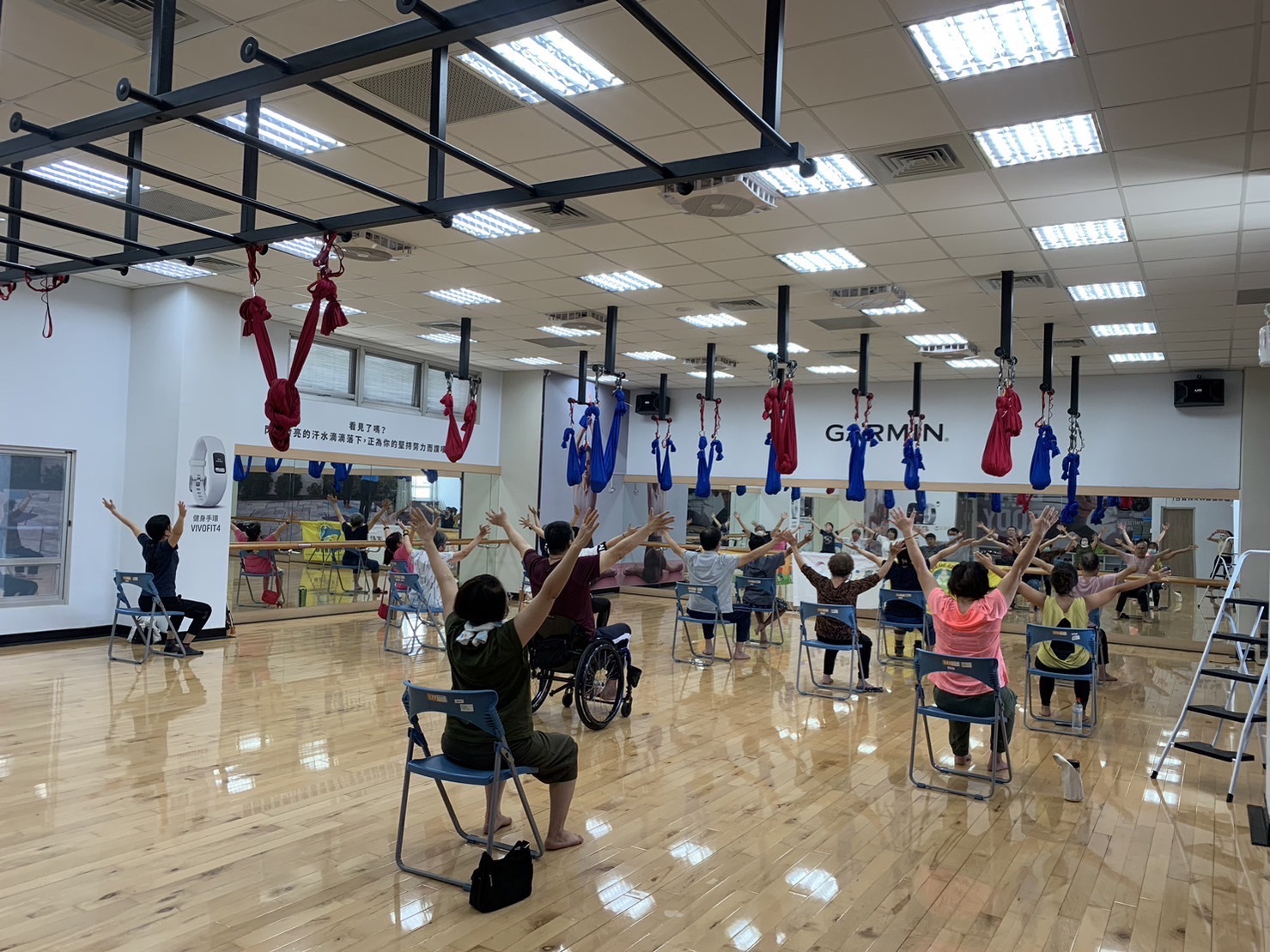NCKU "International Migrant Worker Intelligence and Resilience Action" Forum, with Industry-Government-Academia Collaboration
“How can we help them integrate into society, starting from their families? The key is mutual adaptation,” remarked NCKU Executive Vice President Ching-Chang Lee. He shared his personal experience of hiring an Indonesian caregiver for his father more than eight years ago. Lee established family rules requiring his household to adapt to the new family member, treating her as part of the family. For instance, the family refrained from eating pork, switched to chicken-based soups, shared meals, and participated in household chores together. This harmonious arrangement lasted until Lee’s father passed away last year. He expressed deep gratitude for the caregiver’s contributions to the family.
Lee emphasized that an aging society depends on the assistance of international migrant workers. When these workers arrive in Taiwan, they face linguistic and environmental challenges. He noted the responsibility of NCKU, as a leading academic institution, to leverage knowledge and develop practical policies to help migrant workers establish self-identity in Taiwan. The forum, anchored by the College of Social Sciences, brought together NCKU's College of Medicine, College of Management, College of Electrical Engineering and Computer Science, and College of Liberal Arts, among others, to address migrant worker issues. The goal was to collaboratively explore solutions to improve workers' rights, social integration, and future development.
Director Jen-Chi Wang of the Labor Affairs Bureau of Tainan City Government highlighted the city’s population of over 67,000 migrant workers. To create a more friendly work and living environment, the bureau has initiated several pioneering services. For example, the “Family Bonding Activity” organized outings for families with elderly members and their caregivers using accessible taxis. NCKU international students were invited to provide caregiving guidance and interact with participants, fostering warm exchanges. Wang hopes the forum and partnerships will serve as a starting point to expand comprehensive migrant services, laying the groundwork for retaining and effectively utilizing talent.
Guo-Gong Huang, Director of the Management Division at TONG YANG INDUSTRY CO. LTD, shared during his speech that the term “foreign laborer” once carried a derogatory tone but has evolved as migrant workers become indispensable to society. TONG YANG employs over 1,400 migrant workers who play a critical role in the company. Huang emphasized that in addition to workplace efforts, industries should also focus on workers' basic needs, from food and shelter to leisure and recreation. He expressed optimism that the forum’s integration of academic, governmental, and industrial perspectives would enhance migrant workers' skills and quality of life.
Ruo-Ping Chang, Deputy Director of Human Resources at Solar Applied Materials, noted that the company has increased its migrant workforce from 10% to 18% over 12 years. During the pandemic, a Filipino worker named Elro was recognized as a national model migrant worker for his contributions to improving product quality and implementing COVID-19 prevention measures. Solar Applied Materials also provides one-room accommodations for each worker, complete with amenities like green views, a KTV, and a gym. Chang expressed pride in the mutual respect and collaboration fostered within the company and looked forward to exploring policies that support migrant workers through the forum.
The forum was organized by NCKU's College of Social Sciences and co-hosted by the Labor Affairs Bureau of Tainan City Government, the Guantian Industrial Park Service Center, Solar Applied Materials, TONG YANG INDUSTRY CO. LTD, and the Association of Taiwan People Social Welfare. It aimed to demonstrate NCKU’s commitment to leveraging local knowledge to grow with the city and nation while showcasing its dedication to sustainability and university social responsibility.
The first session, chaired by Dean Chun-Li Tsai of the College of Social Sciences, focused on issues faced by industrial migrant workers and the practice of human rights values. Professor Yung-Nane Yang from the Department of Political Science analyzed "Localization Challenges for International Migrant Workers," while Associate Professor Wan-Ju Yeh from the Department of Law explored "Human Rights Practices in Industrial Supply Chains." Hui-Wen Hsiao, Section Chief from the Labor Affairs Bureau, introduced Tainan’s migrant-friendly policy, “One Family, One Home,” highlighting support measures for migrant workers. Industry representatives Guo-Gong Huang and Ruo-Ping Chang joined the roundtable to address challenges faced by industrial migrant workers.
The second session centered on caregivers’ professional skills and emotional well-being, chaired by Dr. I-Lin Hsu of NCKU Hospital. Associate Professor Li-Fang Chou from the Department of Psychology discussed the emotional health and well-being of caregivers and their host families. Section Chief Rui-Hong Yan from the Labor Affairs Bureau shared success stories from the “Tainan Family Caregiver Assurance Plan,” showcasing governmental support for caregivers and their families. Professor Jui-Ying Feng from the Department of Nursing addressed caregiver training from multiple perspectives. Ji-Hui Zhong and Pei-Jun Chen, key members of the Association of Taiwan People Social Welfare, also joined the roundtable to discuss the challenges faced by caregivers.
Through panel discussions and active participation, the forum facilitated the exchange of successful practices in integrating migrant workers into Tainan society. The event underscored the importance of industry-government-academia collaboration in enhancing awareness of migrant workers’ rights and working conditions, fostering a more inclusive society. Post-forum exchanges further solidified partnerships between NCKU, the Tainan City Government, and various enterprises, reinforcing Tainan’s vision as a resilient and migrant-friendly city.
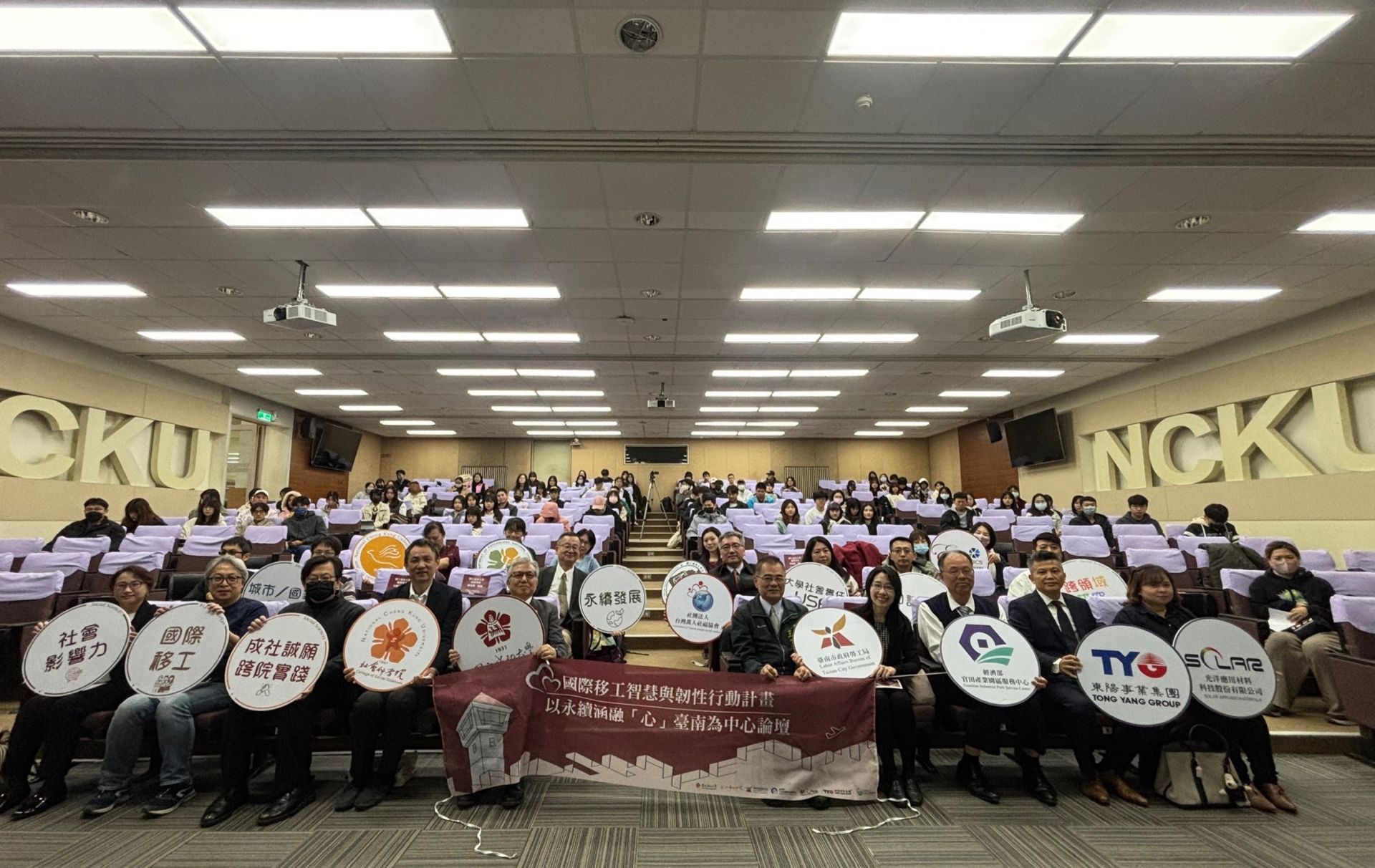
The College of Social Sciences at NCKU hosted the "International Migrant Worker Intelligence and Resilience Action – Centered on Sustainable Inclusion in Tainan" forum today (18th).
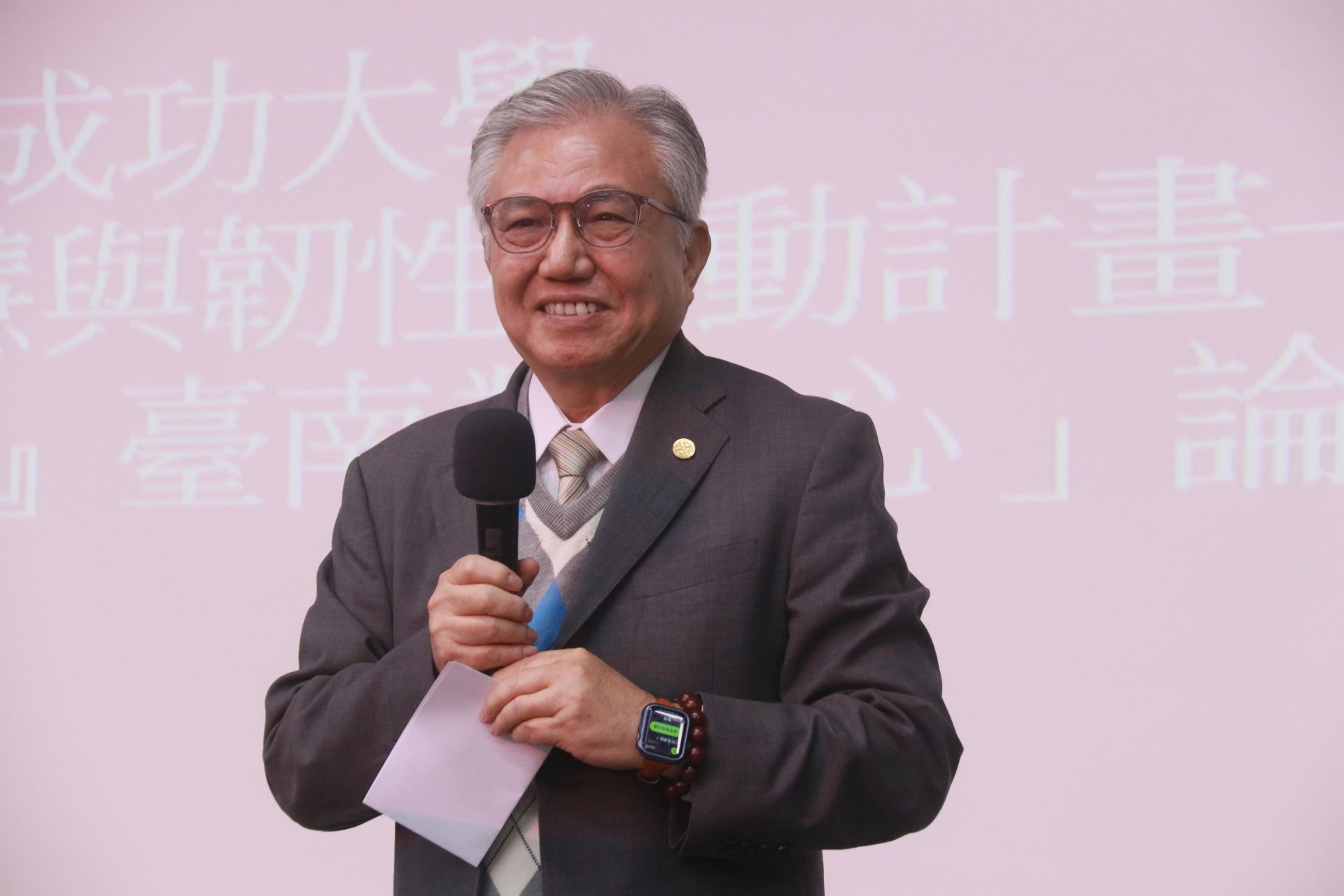
NCKU Executive Vice President Ching-Chang Lee emphasized the role of academia in helping the city develop policies to improve migrant workers' living and working environments.
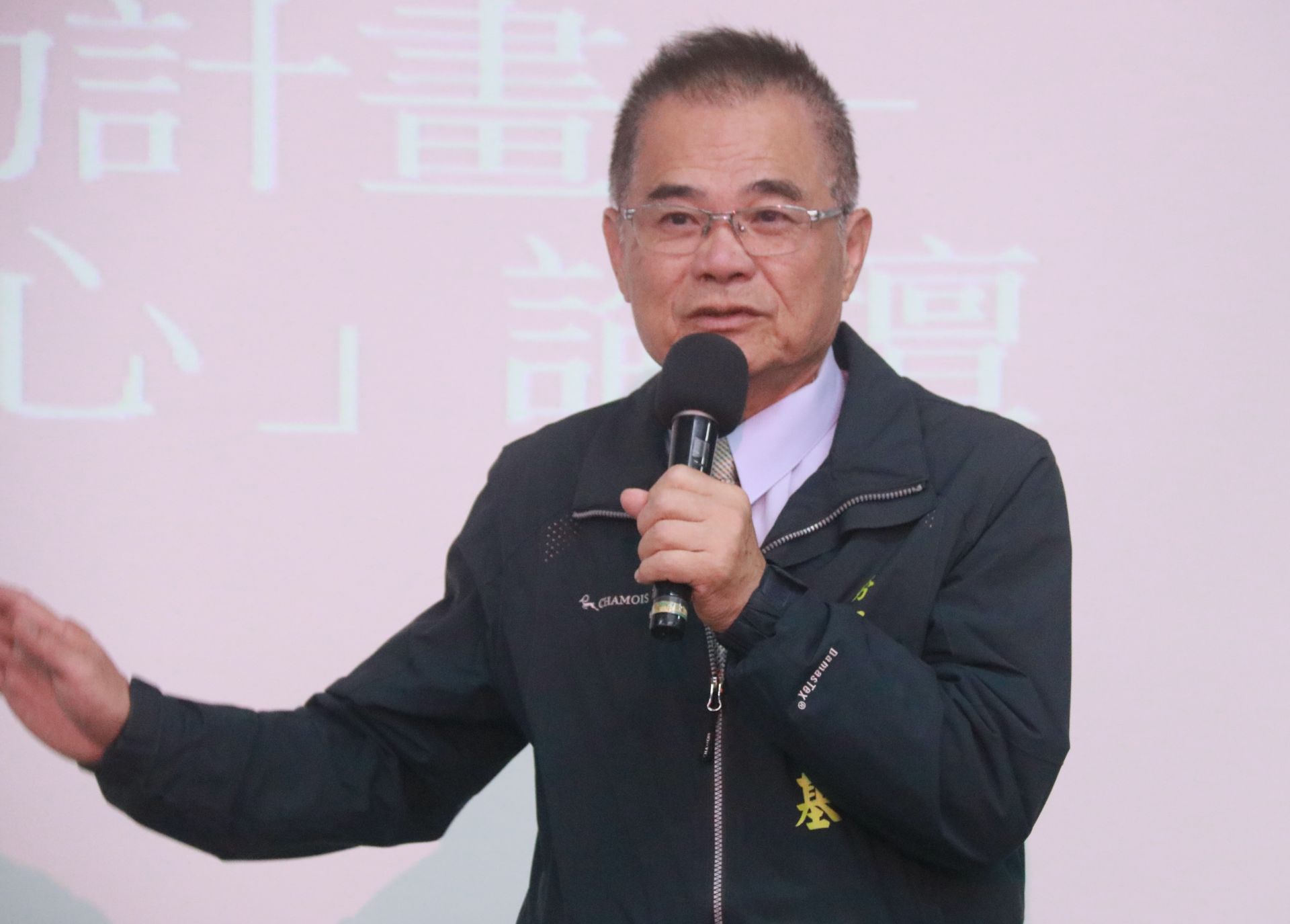
Director Jen-Chi Wang of the Labor Affairs Bureau expressed hopes to create a more friendly environment for Tainan's 67,000 migrant workers.
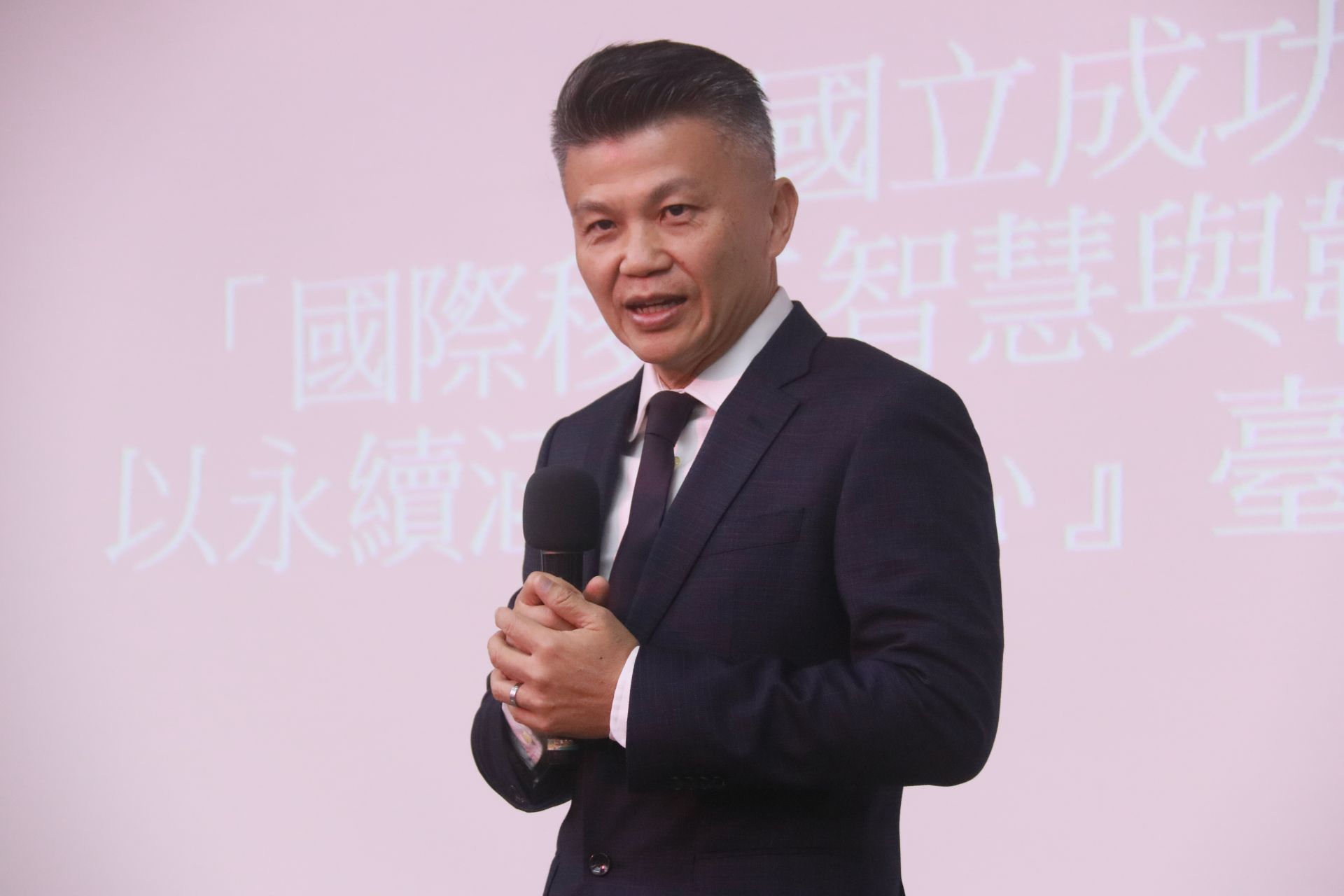
Guo-Gong Huang of TONG YANG INDUSTRY CO. LTD advocated for incorporating industry perspectives to address challenges faced by industrial migrant workers.
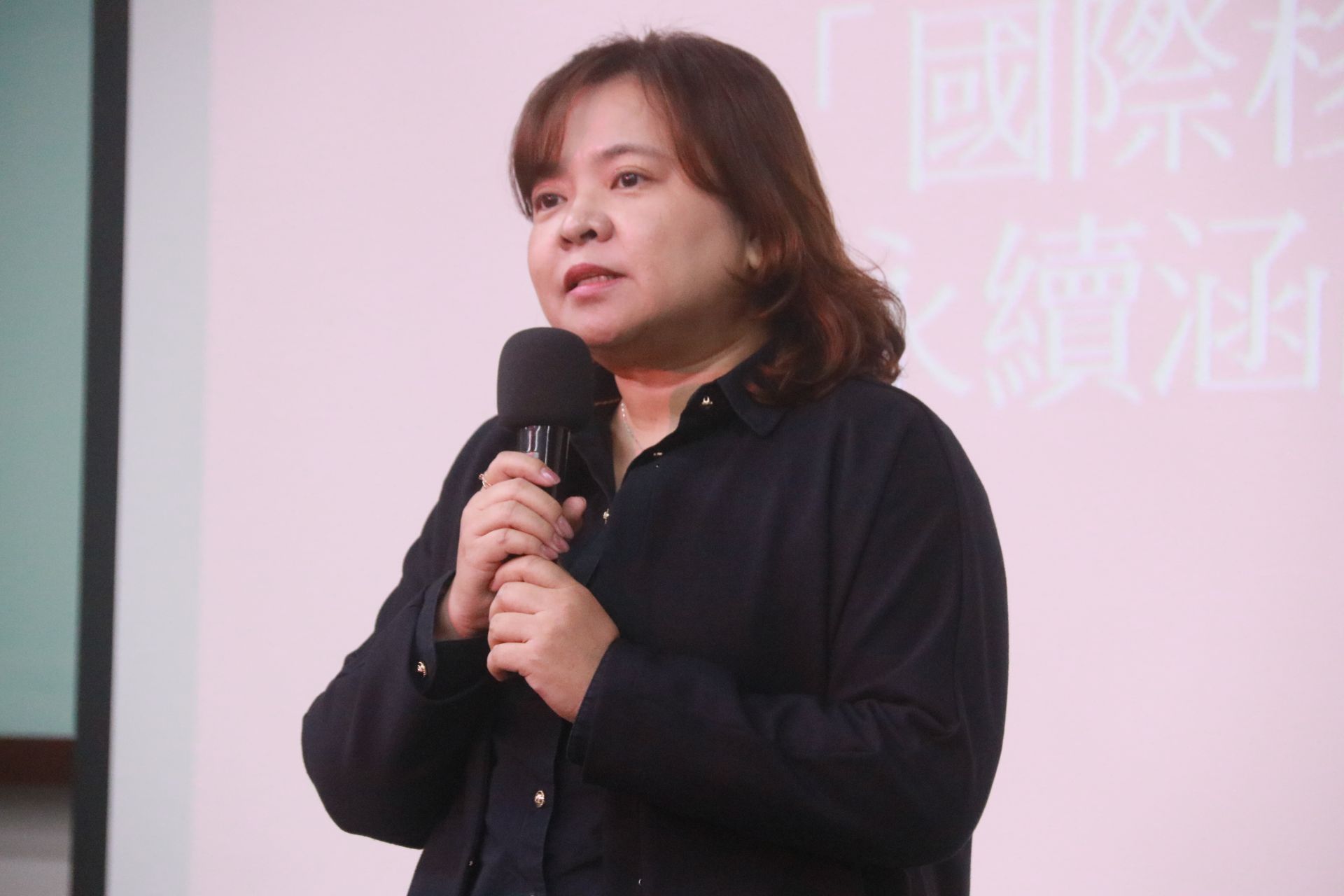
Ruo-Ping Chang of Solar Applied Materials expressed hopes that the forum would explore policies to ensure migrant workers in Tainan feel secure and productive.





